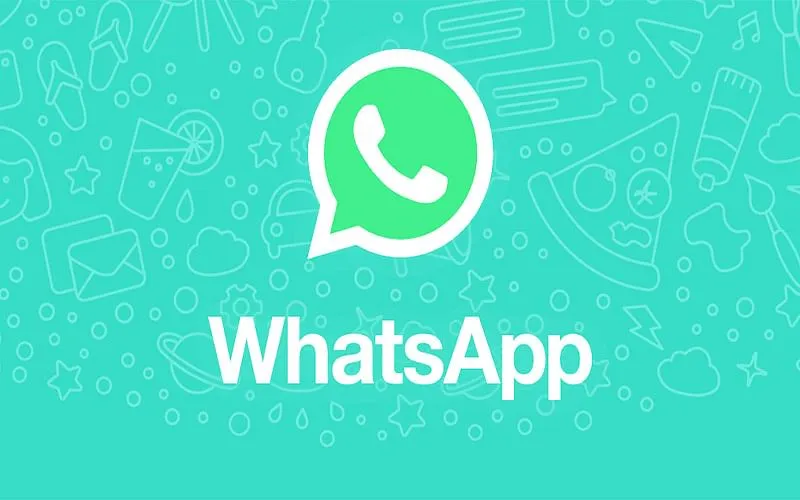21st century is dominated by robust technology, 4.0 industrial revolution, and we can’t afford to bypass the technology around. We cannot skip being on internet. Being from a place that usually witnesses internet shutdown, who would know the importance of the internet better than me.
Social media, a vital part of internet, is revolution in communicating with friends or family today. Covid brought a silver lining with it by transforming our lives and moving us more towards the digital world, with online classes, conferences, and even games played online. And people are performing these activities adequately through messengers, social media groups. From facilitating students in their preparation for competitive exams to conducting major conferences, social media plays a great role. Moreover, the ‘work from home’ protocol transformed the workplace culture, and is also going to continue post-COVID. So, dodging social media would be a daunting task for the people. Now the question of completely leaving social media is just absurd.
Now the question arises – what about data privacy? Be it aadhaar, or Aarogya Setu app, the ‘Data privacy’ is often debated in this country. Currently, the debate is centered around WhatsApp, that has recently asserted its new privacy policy. Without knowing the nuances of the internet, we are uninstalling WhatsApp on our phones and shifting to other messaging apps, as if they are completely safe. Yes, we have read the new privacy of WhatsApp that does pose questions, however, have we read about other Apps? Are they safe?
Technically, the answer is no. The time we land in the world of internet we are exposed to cyber-attacks. We must protect ourselves from data leakage. A few years ago personal pictures of celebrities were leaked in the most highly secured data centre – icloud. Moreover, the other apps like Google maps we use also ask for data permissions from us. The VPNs that we were using last year to bypass the internet restrictions exposed our data to the world.
The million-dollar question that is whirling in our minds is – “WhatsApp or Signal or Telegram”. Let us see what they offer when it comes to security.
WhatsApp: One doesn’t need to migrate to other apps if he/she is using the Whatsapp for communicating with friends and family. WhatsApp uses the end-to-end encryption that ensures safety. All the media is encrypted and no one can read your messages. However, take care while using business accounts. So, if a user wants privacy he/she can opt for personal WhatsApp. Moreover, leaving WhatsApp but not Facebook makes no sense.
Signal: Being co-founded by WhatsApp founder Brian Action, Signal has many similarities with WhatsApp. It also offers the same end-to-end encryption (E2E) that WhatsApp offers. So, if it’s about encryption people are shifting to signal, they need to update themselves. What differentiates signal from WhatsApp in security is that it doesn’t offer third party cloud storage to backup the media like WhatsApp uses google. However, there is another twist. Users can avoid backing up their data on WhatsApp, and ergo, ensure safety. Moreover, the signal doesn’t possess features like group video calling.
Telegram: After Whatsapp announced its new data privacy policy, Telegram witnessed a surge in its downloads. Alas! by using telegram as a medium of communication users are making a regressive shift from a security point of view. Unlike WhatsApp and Signal, Telegram does not offer end-to-end encryption by default. Thus, Telegram can access your media, which are stored on its servers, backed up to its cloud, and to which it holds the key. Yes, there is a “secret chat” option, that allows end-to-end encryption and bypasses Telegram’s cloud, Alas this does not extend to groups.
This cat and dog fight among various app vendors will continue. No matter how much the service providers cry about safety, or we shift to other apps, our privacy will be always at risk, till India does not bring a Data Protection Bill. The day we will have a European Union like General Data Protection Regulation (GDPR) that ensures full rights on data, then we can truly say we are safe!
Younis Ahmad Dar, pursuing M.Tech in embedded systems, and works with Greater Kashmir.






